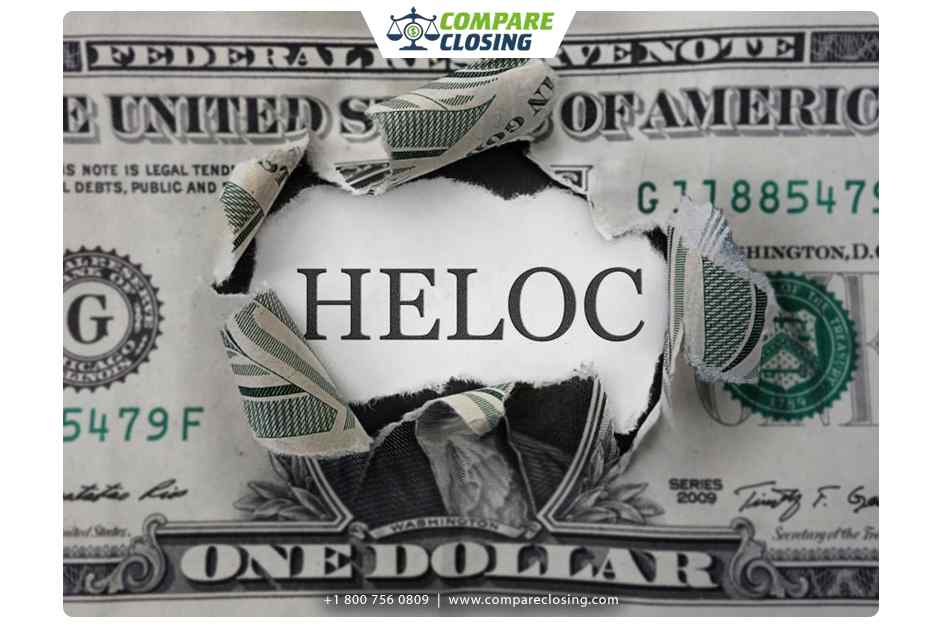Table of Contents
- What Are Netting Escrows & How Does It Work?: The Best Guide - January 2, 2024
- The Secret About Prescriptive Easement: Top Guide 1 Must Know - December 4, 2023
- About Home Equity Loans In Texas And How Can One Obtain It - November 27, 2023
Introduction to Prepayment Penalty
Let us today try and understand what is a prepayment penalty is. It is much to a borrower’s own detriment months or years after signing mortgage loan documents.
This term is often poorly explained, or not brought up at all leading to a huge loss at times it can be a costly mistake if you happen to break the rules, whether you realized it or not.
Prepayment penalties are buried deep in the paperwork and glossed over by borrowers who are eager to close on their mortgages and move ahead.
A prepayment penalty is a fee that is charged to a borrower if they pay off their mortgage too quickly either by refinancing, selling, or prepaying.
Types of Prepayment Penalties
There are 2 types of prepayment penalties – soft prepayment penalty and hard prepayment penalty.
A soft prepayment will allow you to sell the home without penalty, but you will be penalized if you refinance the mortgage.
While a hard prepayment will penalize you for both, a home sale or a mortgage refinance. It doesn’t give a borrower an option of selling their home quickly after obtaining a mortgage.
Though most prepays last only for 1-3 years, in the event of you needing to refinance or sell your home unexpectedly, the prepayment penalty can be quite severe.
A prepayment penalty is an agreement between a borrower and a bank or the mortgage lender controlling what the borrower is allowed to pay off and when.
Most borrowers are allowed to pay off up to 20 percent of the loan balance each year by their lenders.
There are a Variety of Different Ways to Payoff your Mortgage Early
- One way of paying off the loan in full is if you sell your home.
- You also pay off the mortgage if you refinance the loan by replacing it with a new one.
- Or one lump payment exceeding that 20 percent mark in one year.
What is the Cost of a Prepayment Penalty?
The cost could vary by lender; ideally, it might be 80% of six months interest, i.e. six months of interest-only mortgage payments, multiplied by 80% which depends on the loan amount and interest rate can be very expensive.
Usually, the prepayment penalty is 80% of six months’ interest. Because the lender allows the borrower to pay off 20% of the loan balance each year, so the penalty only hits the borrower for 80%, though it can vary.
For example, If a borrower has a mortgage rate of 6.5% on a $500,000 loan amount, then his interest-only payment per month is $2708.33.
Which comes to $16,249.99 if multiplied by six months, and 80% of the total, would be a hefty prepayment penalty of $13,000.
So Why the Prepay, Anyway?
The prepayment penalties protect the lender/investor who purchases the loan and relies on years of lucrative interest payments to make money.
Because they won’t make as much money on the loan from early prepayment associated with a refinance or home sale, if the loan isn’t kept until maturity, or if paid off immediately.
But this could also mean the interest rate might be lower for the borrower.
When the mortgage loans are paid early regardless of whether by refinance or a home sale, less money than originally anticipated will be made by the investor or lender.
The mortgage is extended with the hope of collecting a certain amount of interest.
With the prepayment, the holders of these mortgages won’t profit as they originally expected. So the prepayment penalties clearly show that prepayment is less desirable for those who hold the loan.
If you’re a borrower, the good news is that a mortgage with a prepayment penalty attached would have come with a slightly lower interest rate, like an ARM price which lower than a fixed-rate mortgage, because you’re taking a risk of a rate compared to the fixed-rate mortgage.
Do your maths, if you’re happy with your home and your mortgage, and are comfortable being in the property for a few years, you can consider taking a prepayment penalty to lower your interest rate. But make sure this prepayment is saving you money and lowering your rate to actually make an impact.
Watch Out for Prepayment Penalties
While the prepayment penalties are far less common these days yet they exist on certain home loans like non-QM loans and other portfolio loans. So before you proceed, always check your paperwork.
Though not as common today as it was in the early 2000s, prepayment penalties may still be pinned onto mortgages offered by lenders, who set their own rules so when considering a mortgage with a prepayment penalty is very cautious.
Even if a mortgage with a prepayment penalty may come with a comparatively lower interest rate, it can backfire if you need to refinance earlier than planned, or if the mortgage rates drop notably, or if you decide to sell your home earlier than you anticipated.
Most large banks like Wells Fargo didn’t charge prepayment penalties during the housing boom back in 2004-2006, but at the same time, many smaller lenders did that in order to compete on price with the larger banks.
Prepayment penalties were especially common in the Alt-A lending and subprime lending space.
Conclusion
Before it gets too late make sure you know what you’re getting into! You can consider exercising your right of rescission if you find out about an unwanted prepayment penalty later in the process.
One of their many advantages of FHA loans compared to conventional loans is there are no prepayment penalties.
Amanda Byford
Amanda Byford has bought and sold many houses in the past fifteen years and is actively managing an income property portfolio consisting of multi-family properties. During the buying and selling of these properties, she has gone through several different mortgage loan transactions. This experience and knowledge have helped her develop an avenue to guide consumers to their best available option by comparing lenders through the Compare Closing business.





